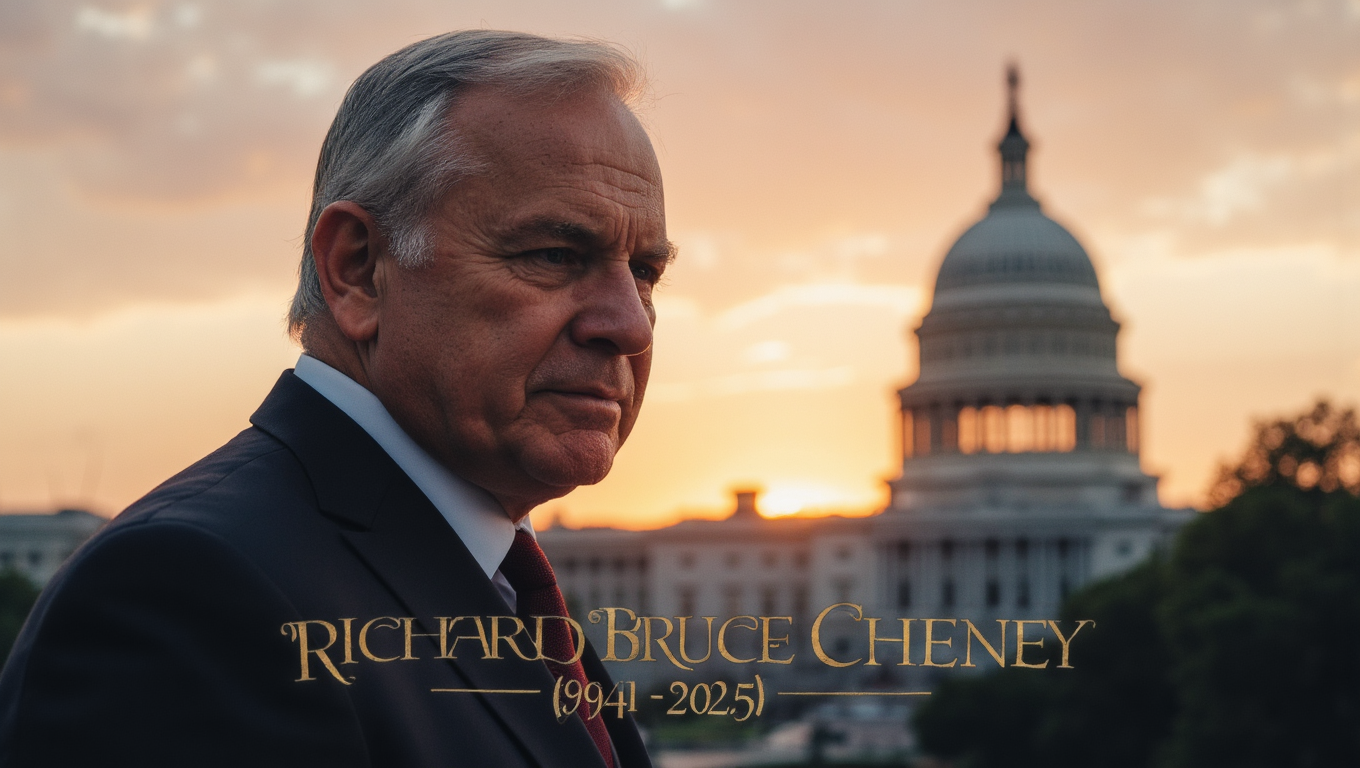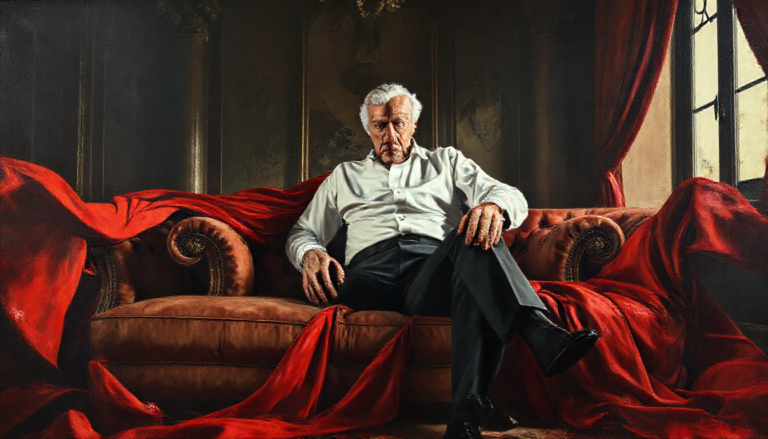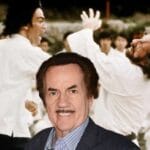Richard Bruce Cheney (Dick Cheney) was born on January 30, 1941, in Lincoln, Nebraska, and raised in the wide, open skies of Casper, Wyoming—a place that shaped his quiet resolve and no-nonsense view of the world. The son of a soil-conservation agent and a strong-willed mother, Cheney learned early the value of discipline, hard work, and conviction. He graduated from the University of Wyoming, where his studies in political science set the stage for a lifetime devoted to public service.
The Rise of a Political Powerhouse
Cheney’s journey through the corridors of American power began in the Nixon and Ford administrations, where his strategic mind quickly earned him the role of White House Chief of Staff under President Gerald Ford.
In 1978, Wyoming voters sent him to Congress, where he served for a decade, respected across party lines for his intellect and steady hand. In 1989, President George H. W. Bush appointed him Secretary of Defense, a post that would define Cheney’s early legacy. Under his stewardship, the United States military executed Operation Desert Storm, the swift campaign that liberated Kuwait.
But it was in the new millennium that Cheney’s influence reached its zenith. As Vice President under George W. Bush (2001–2009), he became the most consequential vice president in modern U.S. history. A steady presence in moments of chaos, he was both architect and guardian of America’s response to the September 11 attacks, shaping counterterrorism policy and national-security doctrine for a generation.
A Controversial Legacy
Cheney’s tenure was marked by fierce debate. To his supporters, he was the embodiment of courage, a man who did what was necessary to defend the nation in its darkest hour. To his critics, he symbolized the excesses of unchecked executive power. Yet even his detractors conceded his mastery of the political machinery and his unwavering commitment to what he believed was right.
Behind the headlines, he was known for loyalty—to his country, to his principles, and to his family. His marriage to Lynne Vincent Cheney spanned more than six decades, a partnership built on intellect and shared ambition. Their daughters, Liz and Mary, continued the family’s imprint on public life, most notably Liz’s own tenure in Congress.
Final Years and Passing
After years of heart-related health challenges and a well-documented transplant, Cheney continued to engage in policy debates and mentor younger leaders. On November 3, 2025, he passed away peacefully at the age of 84, following complications from pneumonia and underlying cardiovascular disease.
His death marked the close of a remarkable American life—one that spanned war and peace, controversy and conviction, criticism and respect.
An Enduring Reflection
Richard Bruce Cheney will be remembered not only for the offices he held but for the indelible mark he left on the nation’s conscience. He once remarked that “history is written by those who do the work.” Whether praised or challenged, few did the work of governance and national defense with more intensity or resolve.
He leaves behind his wife, Lynne; daughters, Liz and Mary; and grandchildren, who inherit both his legacy and the debates that surrounded it.






